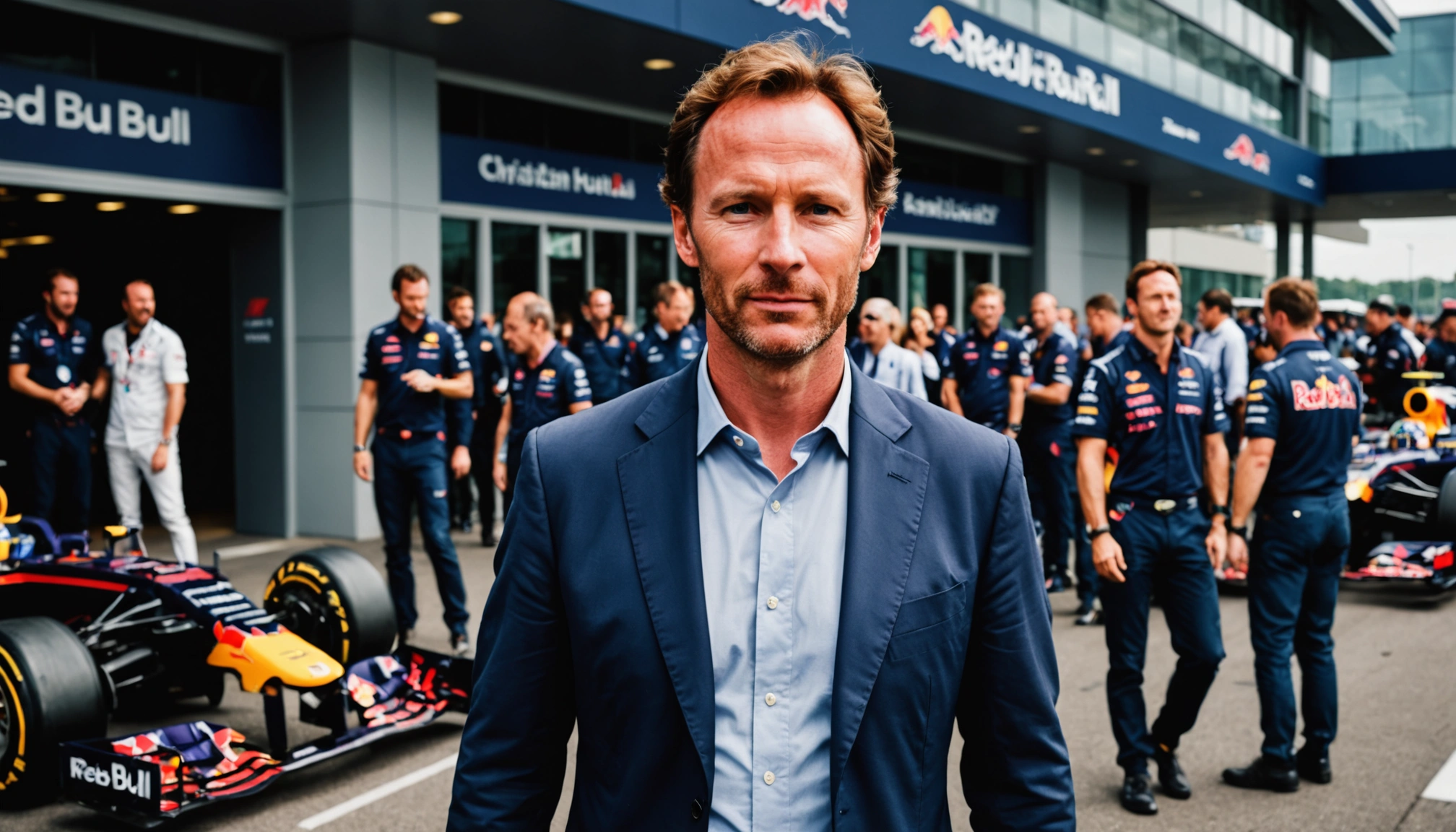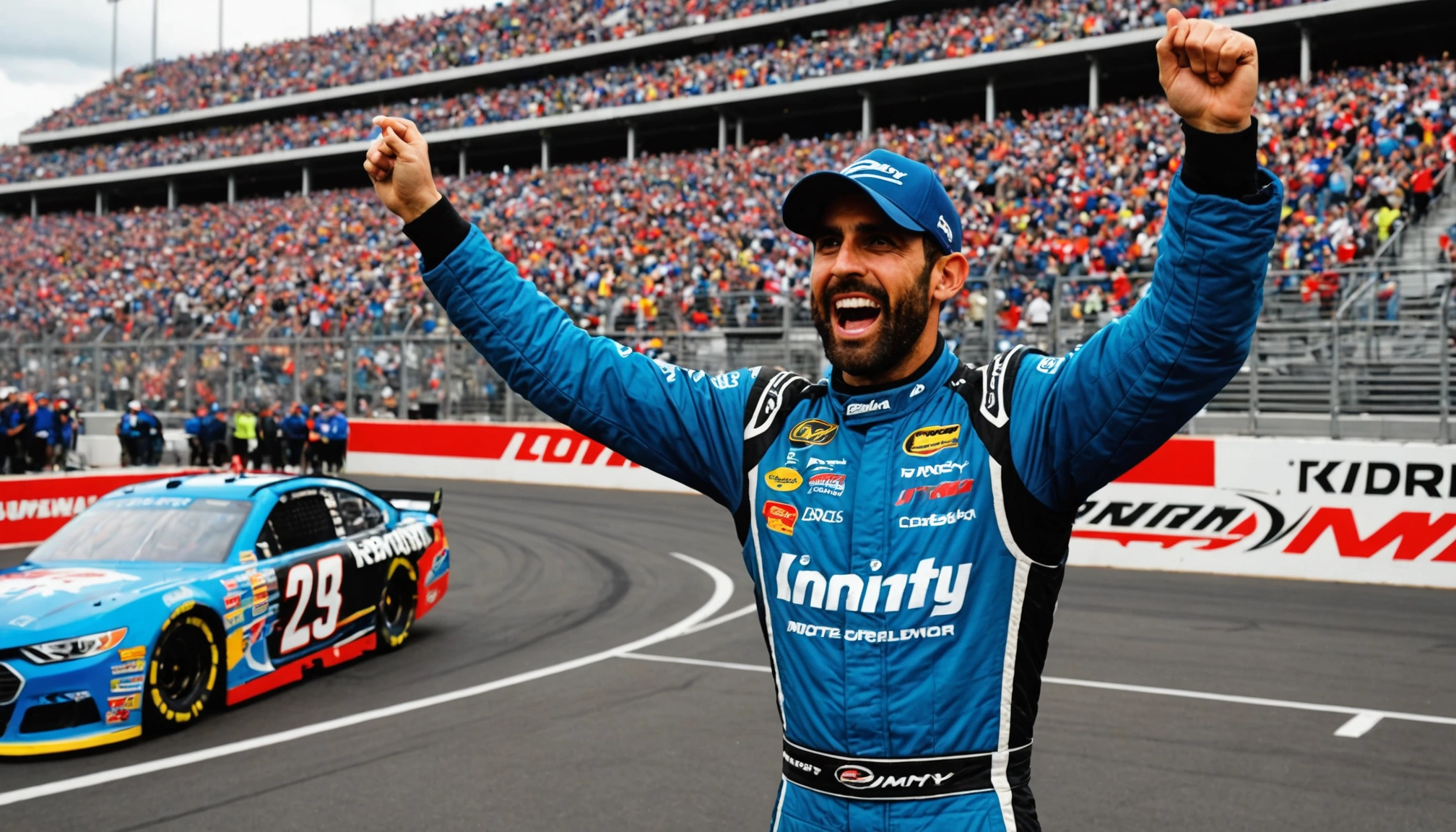Christian Horner's £52m exit marks end of Red Bull era
Christian Horner departs Red Bull after 20 years, securing a £52m pay-off following a turbulent final season in Formula 1 leadership.

By Editorial
Introduction to Christian Horner's departure from Red Bull
Christian Horner’s formal exit from Red Bull Racing on a £52 million pay-off has sent shockwaves through the Formula 1 community. After steering the team since its inception in 2005, Horner’s departure marks the close of a defining chapter in F1 history. His two decades at the helm brought unprecedented success, but also recent controversy and internal upheaval.
Horner's legacy at Red Bull Racing
Horner transformed Red Bull Racing from a fledgling outfit into a dominant force in Formula 1. Under his leadership, the team secured eight drivers’ championship titles and six constructors’ championships, challenging the might of traditional automotive giants. His salary was reported at €12 million (£10 million) annually, with a contract extending to 2030, underscoring the team’s long-term commitment to his vision.
This legacy is not just measured in trophies but also in the culture Horner cultivated. He often spoke of his pride in assembling a talented group of individuals who thrived against the odds, setting an example for other teams in the sport.
What led to Horner's dismissal from the team principal role?
The final 18 months of Horner’s tenure were marked by turbulence. Allegations of sexual harassment by a female employee surfaced publicly in early 2024. Although Horner was cleared twice—first through an internal investigation and later via appeal—the accusations revealed deeper fissures within the team.
Key figures departed: Adrian Newey, Red Bull’s legendary chief designer, left in April 2024, citing dissatisfaction with the handling of the allegations and the perceived diminution of his role. Later, sporting director Jonathan Wheatley moved to lead Sauber’s transition into Audi’s factory team, while head of strategy Will Courtenay resigned and is poised to join McLaren as sporting director.
These departures coincided with a dip in Red Bull’s competitive form, which further strained relationships between Horner and the team’s main stakeholders.
The power struggle behind the scenes
Christian Horner initially retained support from key shareholders such as Chalerm Yoovidhya, who helped stabilise his position when the allegations first emerged. However, as Red Bull’s performance faltered and internal trust eroded, CEO Oliver Mintzlaff took the decisive step to dismiss Horner following the team’s disappointing British Grand Prix showing.
Mintzlaff praised Horner’s "exceptional work" and his innovative approach that established Red Bull as a powerhouse in Formula 1. Horner himself expressed gratitude for the opportunity to lead, highlighting the honour of competing against some of the world’s biggest automotive brands.
Broader implications for Formula 1 and Red Bull
Horner’s departure may signal a new era for Red Bull Racing. With several senior figures also leaving, the team faces the challenge of rebuilding cohesion and regaining its competitive edge. Formula 1 fans and analysts alike will watch closely to see who steps up to fill the leadership void and how this reshuffle impacts team dynamics.
For readers interested in the latest twists within Formula 1, this development is as significant as any on-track drama. Meanwhile, other sports continue captivating audiences; for instance, check out our coverage on Nuria Iturrioz’s recent golf triumph, highlighting the diverse excitement in the sporting world.
What can sports management learn from Horner’s tenure and exit?
Horner’s story offers valuable lessons on leadership, crisis management, and organisational culture in high-pressure environments. His initial success exemplifies how visionary leadership can disrupt established hierarchies. However, the latter part reveals the critical importance of maintaining trust, transparency, and healthy workplace dynamics.
Sports executives can also glean insights into managing reputational risks and the impact of internal politics on performance. The departures of key personnel alongside Horner underscore the fragility of team harmony and the consequences when it fractures.
Conclusion: End of an era and looking ahead
Christian Horner’s exit from Red Bull Racing concludes a remarkable chapter defined by both triumph and turmoil. His £52 million pay-off stands as one of the largest in sports history, reflecting his long-standing influence and contribution to the sport. Yet, it also highlights the complexities and challenges that leaders face beyond the podium.
As Red Bull charts its path forward, the Formula 1 world eagerly awaits the next chapter. For ongoing updates on sports stories across disciplines, including football insights like our Manchester United scores and fixtures guide, continue exploring SportsScoop for comprehensive coverage.
Related topics
Editorial
Sports expert at SportsScoop
Specialist in sports analysis and journalism
Related articles
Want to read more?
Explore our comprehensive collection of sports articles and analysis, or contact us for more information.



